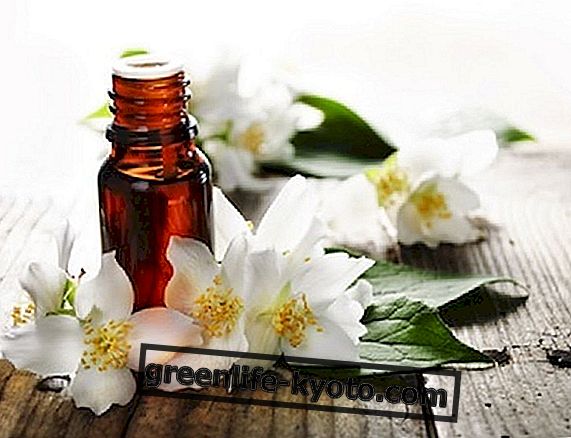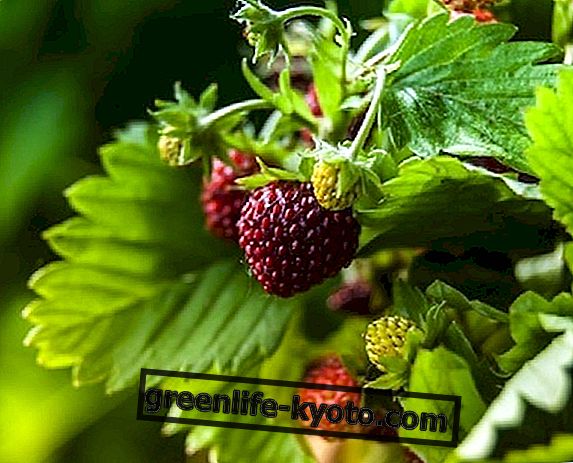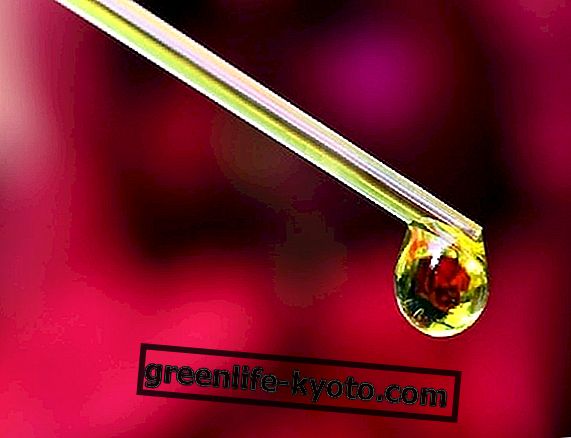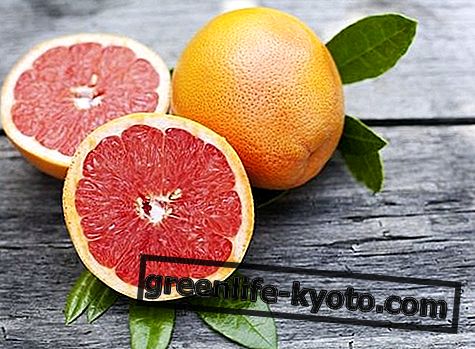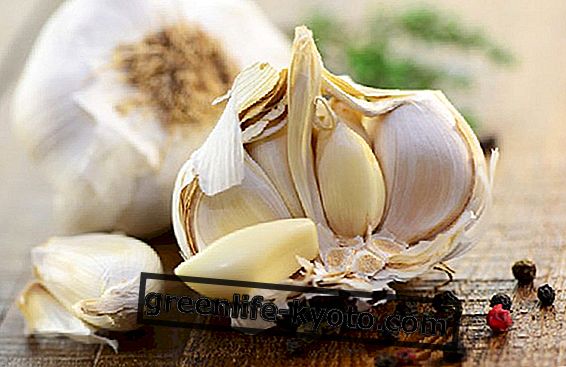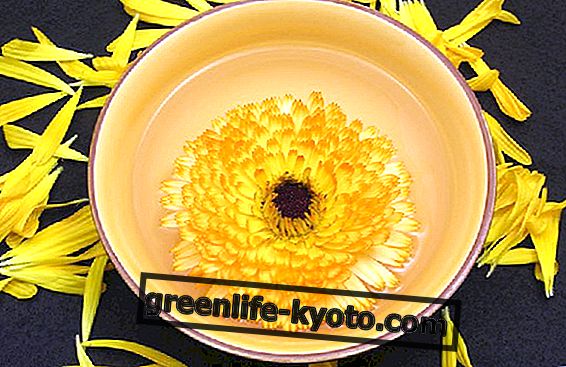
Ginseng (Panax ginseng) is a plant belonging to the Araliaceae family, native to eastern Asia, especially Korea, China, where it has been used by Chinese medicine for thousands of years as a real panacea for many ills.
There are various types of ginseng, and to make herbal tea we use the root, a fusiform and fleshy rhizome, often palmate at the apex, which gives it a curious human form.
Preparing a ginseng herbal tea means strengthening and toning the body, which is especially useful in periods of fatigue, seasonal change, suffering, fatigue and fatigue caused, in some cases, by the arrival of spring .
How to prepare the herbal tea
The first step is to purchase the ginseng root in herbal medicine, which is peeled, dried and sold in pieces or powdered ; sometimes it is subjected to a boiling process before drying which gives it a red color and which makes it, according to many, even more effective.
Ingredients for two cups:
> a dried ginseng root (or if you find it also in powder),
> honey
> lemon,
> a few mint leaves.
Procedure : put a saucepan with water and bring to a boil. Once it reaches the temperature, turn off the heat and put in infusion from 6 to 10 thin slices of roots (or a couple of tablespoons of powder). Infuse for about five minutes, sweeten with honey and mint leaves, if desired.
It is recommended to take it once a day, not after late afternoon or in the evening hours, better in the morning or early afternoon, for about three weeks or in the periods in which the need is most felt.
Ginseng coffee, an alternative to coffee
Property and curiosity
Known for its adaptogenic and anti-stress properties, ginseng fights anxiety and depression and has a toning and energizing effect for the whole body .
In addition, the plant is also used to treat diabetes mellitus, thanks to its hypoglycemic qualities . Finally, it is an excellent antioxidant and anti cholesterol .
Its virtues are attributable to different components present in its roots: vitamins (A, B, C, E, K), folic acid, essential oil and polysaccharides (panaxans); it should also be noted the presence of triterpene saponins, called ginsenosides and considered the main active ingredients of the drug.
Attention : Ginseng can produce side effects such as: irritability, tachycardia, hypertension or insomnia; to be avoided in the evening hours. Its use in pregnancy and during breastfeeding is not recommended.
Curiosity : ginseng has always been considered a male aphrodisiac food, it stimulates sexual desire and functions. This virtue seems to be linked to the ability to increase the release of nitric oxide from the endothelial cells of the cavernous bodies of the penis; the resulting vasodilation would allow for a more vigorous erection.

